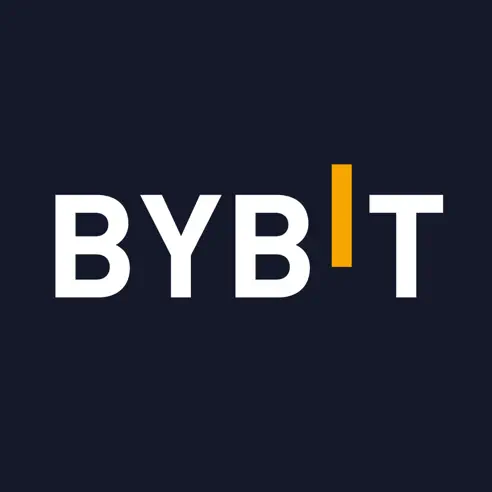F
idelity Investments has made a significant leap towards the integration of digital assets into mainstream financial products by filing a registration statement for a spot Ethereum ETF on March 27. This step, taken despite an unclear regulatory environment, highlights the financial industry’s commitment to incorporating cryptocurrencies into traditional investment vehicles.
The Path to Regulatory Approval
Fidelity’s journey toward launching its Ethereum ETF involved submitting a Form S-1, a crucial move for securing approval from the U.S. Securities and Exchange Commission (SEC). This process follows an earlier effort where Cboe, the exchange designated for the ETF, filed a Form 19b-4 on Fidelity’s behalf. For the ETF to commence trading, the SEC must green-light both filings. Notably, the latest submission lacks specific details about the fund, such as its ticker and associated fees, but it reveals plans for a portion of the fund’s assets to be staked with infrastructure providers, hinting at innovative approaches to earning income through digital assets.
Security and Staking Strategies
Underpinning the proposed Ethereum ETF, Fidelity Digital Asset Services is poised to act as the fund’s custodian, ensuring the security of the staked ETH by exclusively managing the private keys. This setup not only emphasizes the fund’s security measures but also showcases Fidelity’s forward-thinking approach to managing digital assets within the regulatory framework.
Navigating an Uncertain Regulatory Landscape
The SEC’s prior approval of spot Bitcoin ETFs has not necessarily paved a straightforward path for Ethereum ETFs, with the regulatory body maintaining a cautious stance towards the broader digital asset sector. Compounding the uncertainty, recent scrutiny from state authorities on the Ethereum Foundation has cast shadows over Ethereum’s regulatory status and the future of related investment products.
The Broader Implications for Ethereum ETFs
Despite the regulatory hurdles, the financial industry remains hopeful about the prospects of Ethereum ETFs, drawing optimism from previous interactions with the SEC regarding Bitcoin ETFs. The ongoing discussions and inquiries into Ethereum’s regulatory classification underscore the need for clear guidance to navigate the evolving landscape of digital asset investments.
A Steadfast Pursuit of Innovation
Fidelity’s registration for an Ethereum ETF represents a significant stride towards blending digital assets with traditional financial offerings. While the regulatory outlook remains complex, the firm’s proactive measures reflect a broader industry trend of exploring digital currencies as legitimate and innovative investment avenues. As the SEC deliberates on this and similar applications, the outcome will undoubtedly influence the future trajectory of digital asset investments and the regulatory framework governing them.















